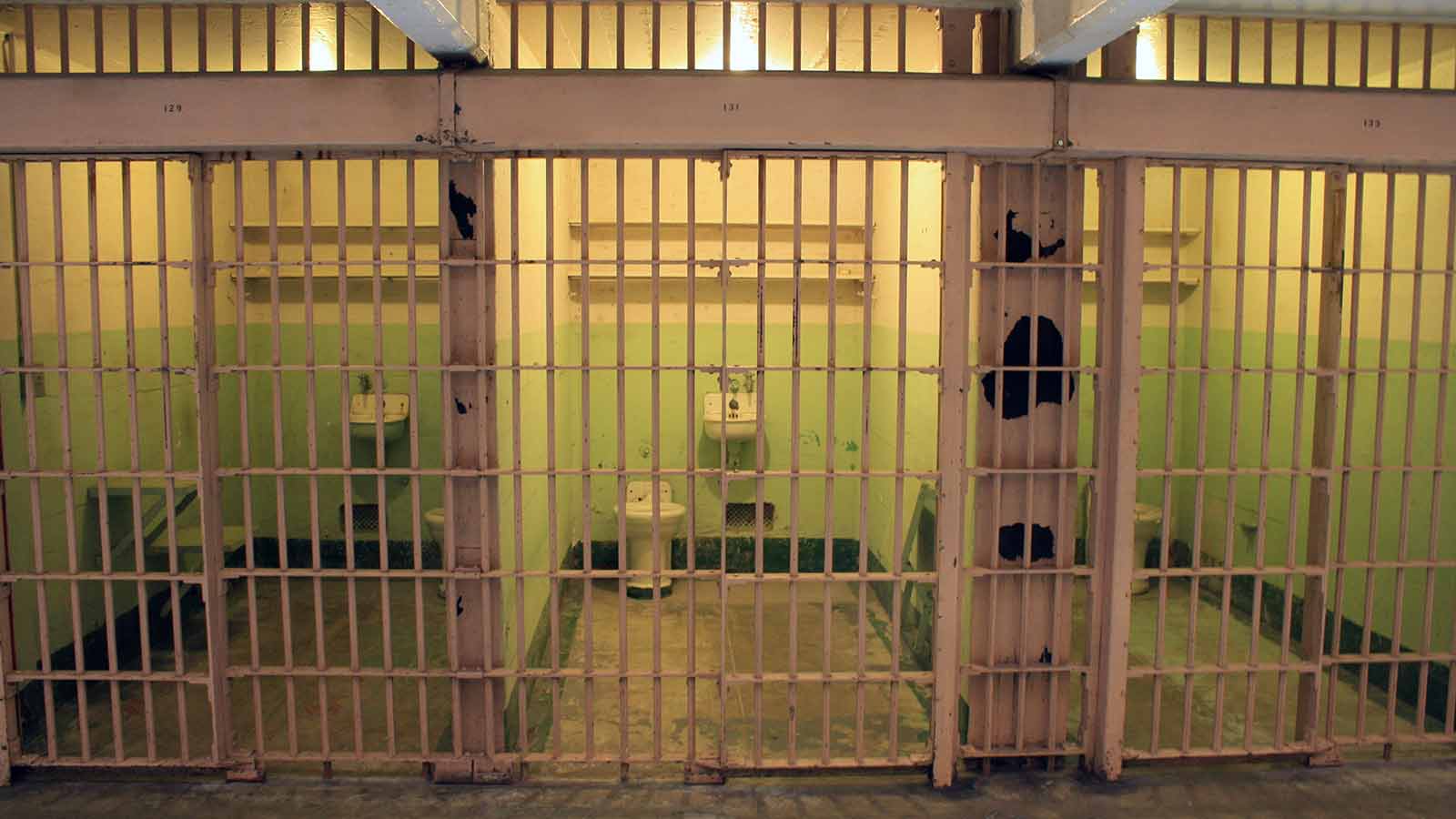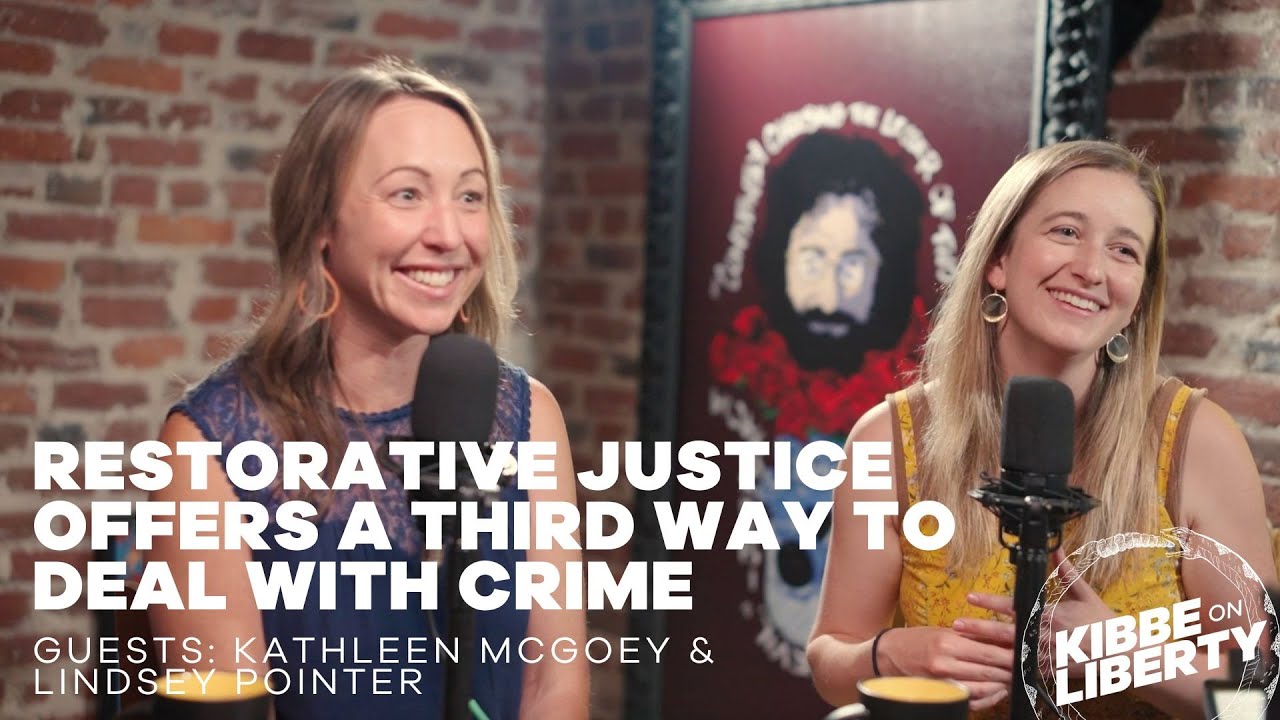
Orange Is the New Black Highlights Failures of Our Prison System
The following may contain spoilers.
In case you haven’t been keeping up, season four of the popular Netflix original series “Orange Is the New Black” was just released, continuing the ever-fascinating story of an over-privileged yuppie serving time in a women’s minimum security prison. The lead character, Piper Chapman, got involved with drug dealing in her youth, and although she had long since left that life behind, preparing to get married and start her own business, the law eventually catches up with her, and she is sentenced to 15 months in prison for her decade-old crimes. Inside, she has to adjust to a whole new world, a horrific dungeon where she is confronted daily by violence, sexual abuse, and cruelty, both at the hands of her fellow prisoners, and the prison guards.
The show is interesting enough on its own merits, but what makes it extra compelling is the fact that it is based on the real life story of Piper Kerman, whose autobiography serves as the launching point for the series. This fact transforms what would otherwise be an ordinary, above-average drama into a chilling piece of social commentary on the wisdom and efficacy of the criminal justice system.
The show asks that question which too few Americans, particularly those policymakers in the public sphere, are willing to ask. Namely, what is all of this supposed to accomplish? What is the goal of prisons, and are they achieving said goal? Regardless of your answer to the first part of that question, it seems difficult to get to “yes” in the second part. If the goal is to protect public safety, then prisons fail by exposing otherwise nonviolent criminals to a culture of savagery and opportunism. In the series, Piper was no threat to the public. She was about to get married, her crimes long forgotten as youthful indiscretions which, it should be remembered, didn’t actually hurt anyone. After a year in prison, she becomes ruthless, manipulative, and cruel, willing to do whatever it takes to protect herself.
Her story is far from unique. One of the most interesting aspects of the show is the way it explores how each of the inmates got to where they are. In many, though by no means all, cases, the women were the victims of circumstance, or of a single foolish mistake. How does exposing them to the concentrated criminal element for extended periods of time, while simultaneously making it virtually impossible for them to get a good job once they are released, make the streets safer?
But perhaps safety is not the goal after all. Some might say that it’s “justice.” But what does that mean in this context? In season four, we learn that one of the inmates, who struggles with hearing voices in her head, was living a peaceful and apparently happy life on the streets, selling homemade coffee to passersby, until the police bust her for not having a license to sell food products. She is taken from her home and put in a cage where her delusions are exacerbated, despite posing no threat to the public whatsoever. In what twisted version of reality is this considered “justice”?
If the goal is instead to help the victims of crime, prisons are an abject failure. Not only do they accomplish nothing in the way of restitution, but victims are actually taxed in order to feed, clothe, and house the very people who have wronged them.
Maybe deterrence of future crimes is the goal. If people know that breaking the law will result in a prison stay, they will be more reluctant to commit crimes, right? Perhaps, but there are plenty of other ways to deter that are less expensive and which lack the other drawbacks listed above. Not to mention the fact that, for many people, the prospect of free room and board without the psychological difficulties that come from living as a responsible adult in the real world is not entirely unappealing. In some cases, then, the threat of prison may not be a threat at all, but rather an enticement to commit a crime in order to escape from responsibility.
There seems to be only one criterion by which we can judge prisons a success, and that is pure punishment, the deliberate infliction of pain and suffering. It is beyond the scope of this piece to tackle the question of whether this approach is morally justifiable, but if it is in fact the main reason for the continued operation of the prison status quo, then we can at least be honest about it, and admit that prisons are not meant to help anyone, except for some vague satisfaction of the sadistic impulse for vengeance.
The solution to all of these failures is far from obvious, but as alcoholics say, the first step is admitting you have a problem. If we take a good hard look at the current prison system and honestly ask “who is this helping?” I think the answer comes back a resounding “no one.”
This article originally appeared on Conservative Review.
Free the People publishes opinion-based articles from contributing writers. The opinions and ideas expressed do not always reflect the opinions and ideas that Free the People endorses. We believe in free speech, and in providing a platform for open dialogue. Feel free to leave a comment.



